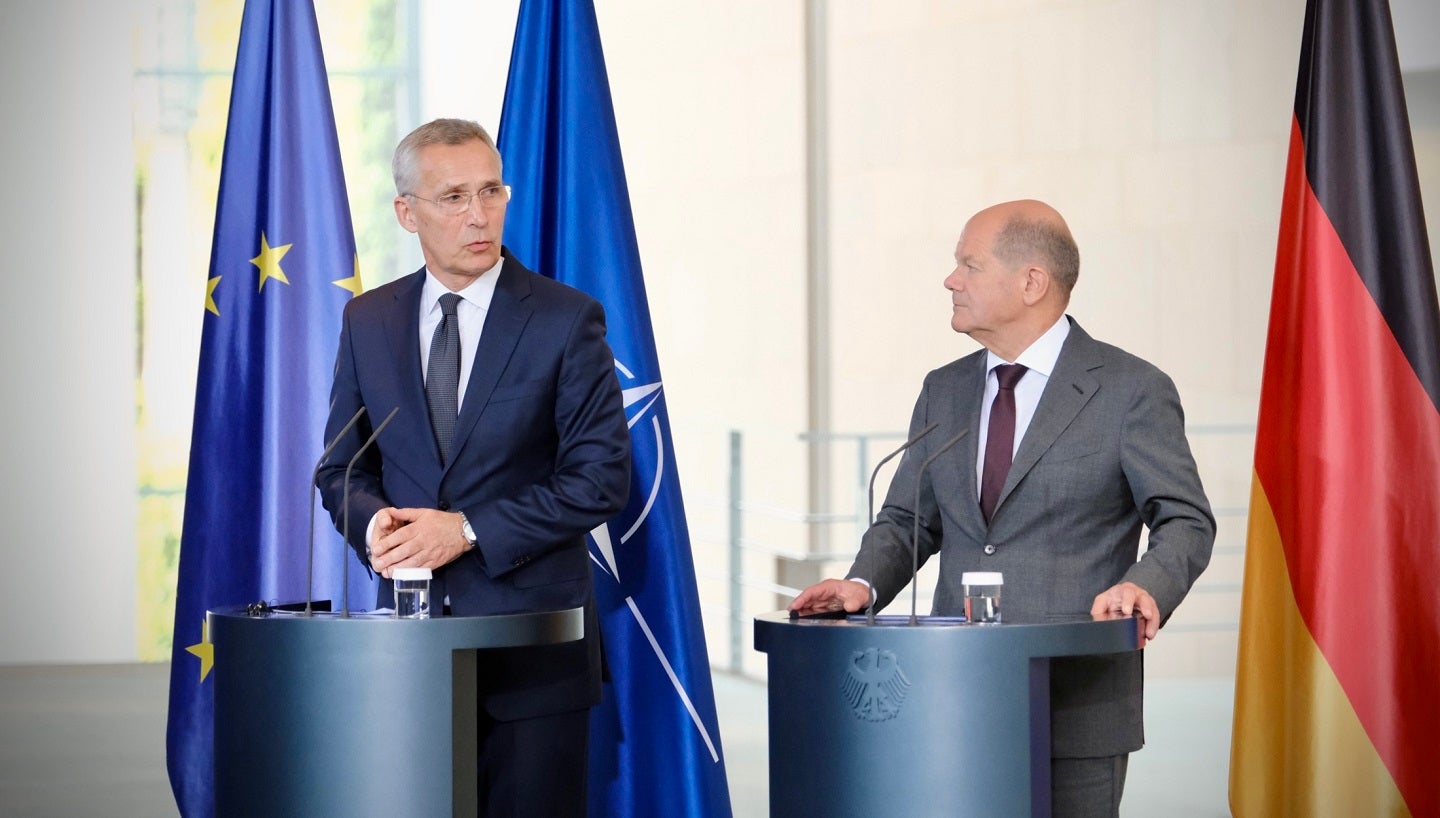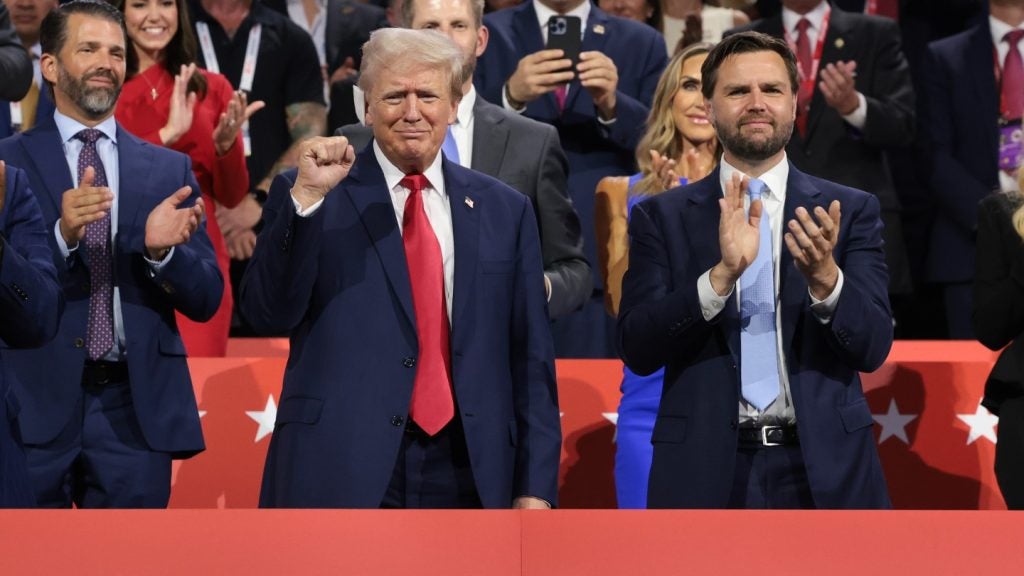
The Nato Secretary General, Jens Stoltenberg, met with the German Chancellor, Olaf Schultz, in Berlin on 19 June. Stoltenberg praised Germany’s defence contribution to Nato and Ukraine after he addressed future plans to bolster Nato’s model, deterrence and defence.
“We are now putting in place new regional plans, with assigned forces and capabilities, and high levels of readiness,” Stoltenberg stated.
Nato defence ministers will meet ahead of the Vilnius summit next month to discuss planned changes to Nato’s military structures. The UK government pointed out that the changes signal a desire to strengthen ties with defence industry while making sure the alliance has the resources it needs to tackle threats across all domains – “laying the groundwork for the biggest transformation of Nato for decades.”
Sustaining the equipment and resources needed to aid Ukraine while shoring up Europe’s own defences is not a new problem, but there has been no long-term strategy of sustainment until now.
While nato countries have tried to sharpen the efficiency of private defence companies to deliver at pace – with Nato recently calling for innovators to propose defence solutions in energy resilience, information sharing and surveillance, while the US has injected cash into companies manufacturing processes – nothing has provided a desired level of sustainment.
The problem of Nato’s defence industrial model
However, the Center for Strategic and International Studies (CSIS) has pointed out that the war in Ukraine has many lessons for Nato. One of the things is to rethink the linkage between its force planning and its defence industrial base.
The CSIS lists some things for the alliance to consider for Nato’s model resturcture:
“Nato’s defence industrial base is deeply divided by country and has far too many different weapon systems; munitions; C4I/battle management systems and different needs for supply, maintenance and combat reports.
“These divisions and variances deprive Nato of major potential economies of scale and they create major problems in interoperability and effective alliance-wide modenrisation.
“In spite of years of studies and warnings, little or no progress has been made in dealing with these issues in most countries with major defense industries and development efforts, and the growing diversity between national weapons holdings and production capabilities that has been driven by changes at the national level – and by absorbing former Warsaw Pact countries – has made things worse at a national level.”
What does Nato need to change?
What we can expect from Nato’s transformation in the weeks leading up to the Vilnius summit is a model structure that looks more closely at the needs of each member country’s military needs.
This new model must propose a solution that connects an individual country’s needs to the collective defence structure.
Nato must ensure it employs a strategy that pre-empts manufacturing and production as opposed to using tactics as a response to circumstances, such as cash injections in domestic supply chains or incremental donations of various different military systems to Ukraine.
These changes will redefine how Nato operates, affirming the UK government’s claim that these plans will be the “biggest transformation of Nato for decades.”








